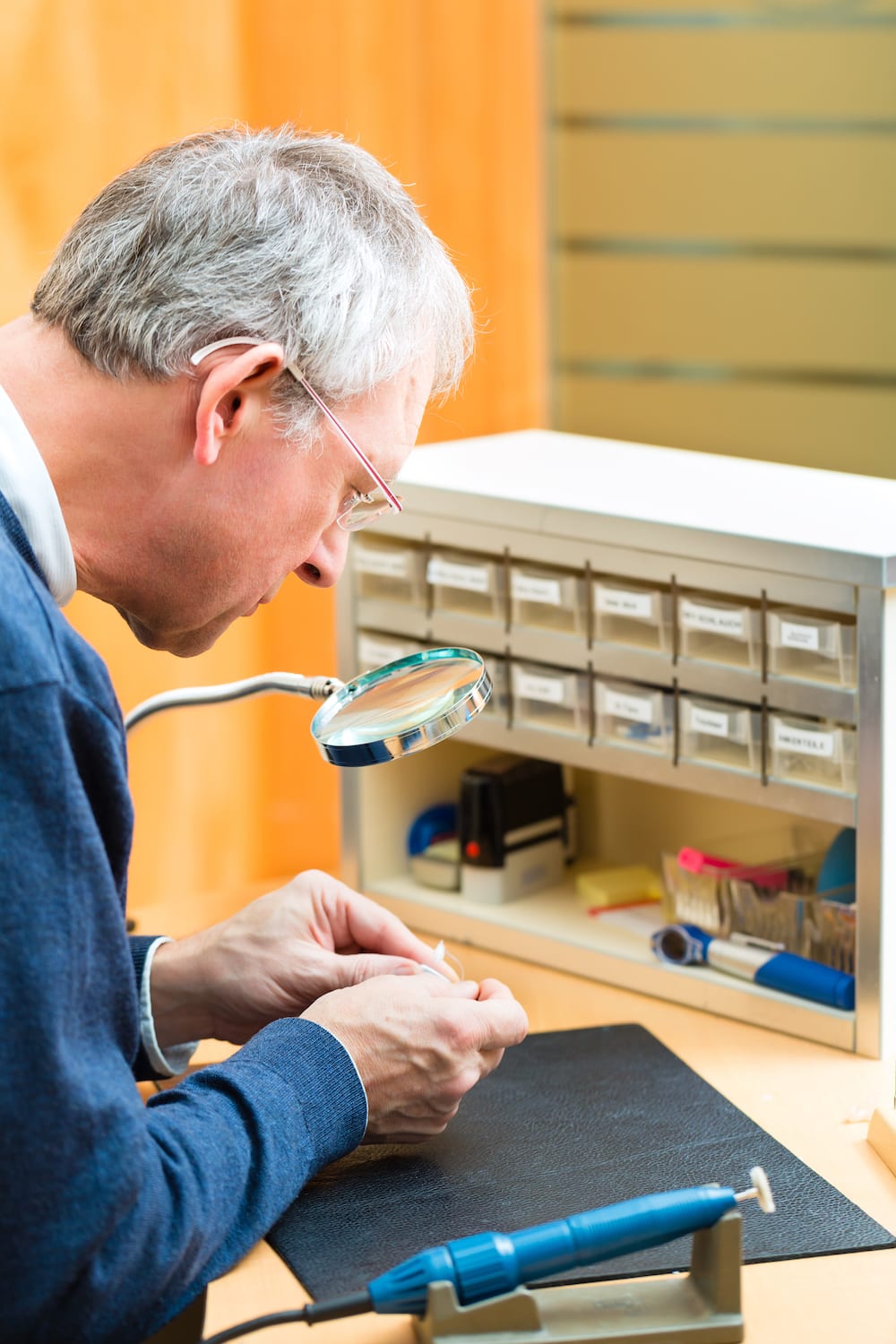At-Home Hearing Test Kits: Are They Reliable?
In today’s world of health gadgets and DIY solutions, at-home
Make a splash this summer! With our hearing aids, you won’t just hear the waves—you’ll catch every laugh and song, too! Learn More


In today’s world of health gadgets and DIY solutions, at-home

Living with hearing loss affects each person differently, from missing out

Imagine discovering that the antibiotics you’re taking for an